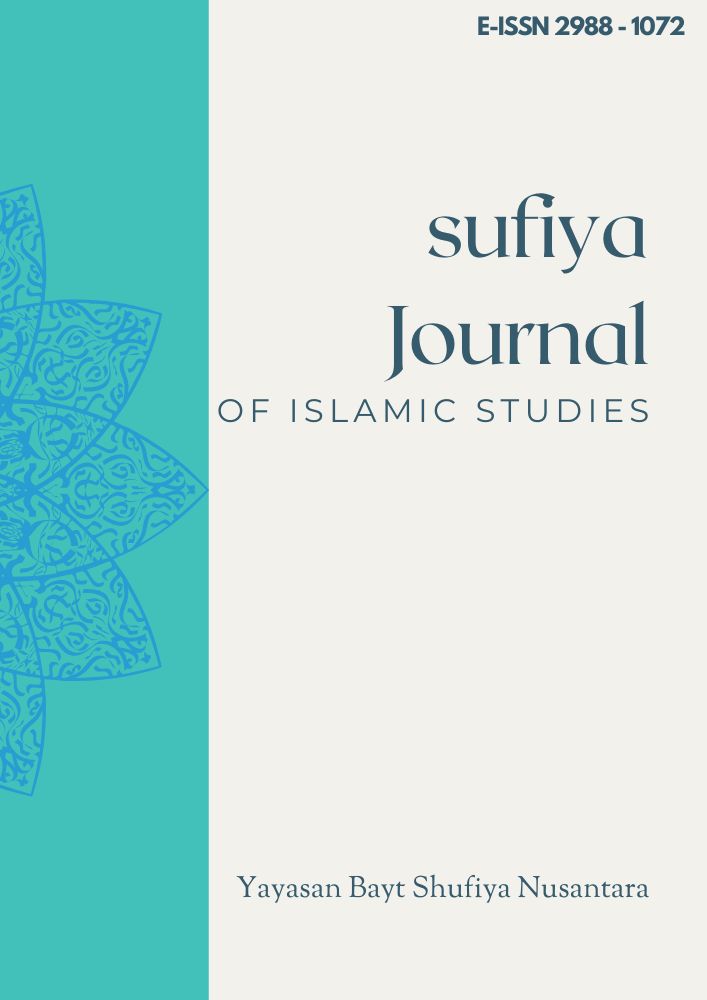The Lexical Ambiguity in News Headlines of BBC World: Semantics Study
Keywords:
Lexical ambiguity, Media Ethnography, BBC HeadlinesAbstract
This study investigates lexical ambiguity in the headlines of BBC World News by employing a media ethnography approach within qualitative research. Lexical ambiguity, particularly in the form of homonymy and polysemy, often arises in news headlines due to their concise and attention-grabbing nature. Such ambiguity can lead to multiple interpretations and potentially mislead readers, especially those who rely solely on the headline without reading the full article. The primary data consist of BBC World headlines published between 2023 and 2024, which were selected purposively based on their potential to contain ambiguous lexical items. Using semantic theories from Kreidler and Lyons, along with Roland Barthes’ semiotic model, the study classifies types of ambiguity and analyzes the denotative and connotative meanings embedded in each headline. The findings reveal that many BBC headlines contain ambiguous terms that require contextual and cultural knowledge for accurate interpretation. This research highlights how ambiguity functions not only as a linguistic phenomenon but also as a discursive strategy that reflects media ideology and influences public perception. The study contributes to linguistic and media literacy scholarship by encouraging critical awareness of language use in global news discourse.
References
BBC Future. (2024, July 3). Huge firework displays will mark 4 July in the US, but the nation's air quality will suffer. https://www.bbc.com/future/article/20240703-how-4-july-fireworks-pollute-the-air-and-might-damage-your-health
BBC News. (2023, December 28). 'They were just kids’: Mother mourns sons killed in Israeli strike while waiting for aid. https://www.bbc.com/news/articles/cy9xgrrq54go
BBC News. (2023, November 6). Trade trumps geopolitics as Australia PM visits China. https://www.bbc.com/news/articles/c7vrjlp5zdvo
BBC News. (2023–2024). BBC World headlines. BBC News. https://www.bbc.com/news
BBC News. (2024, June 1). Gaza ceasefire talks on verge of collapse, Palestinian officials say. https://www.bbc.com/news/articles/cqjq9p87vdvo
BBC News. (2024, May 12). 'I created it myself': The boy behind the viral 'aura farming' boat racing dance. https://www.bbc.com/news/articles/czxe7ey59r0o
BBC Worklife. (2024, August 28). Workers are quiet quitting, and only employers can stop it. https://www.bbc.co.uk/worklife/article/20230828-workers-are-quiet-quitting-and-only-employers-can-stop-it
Cruse, D. A. (2000). Meaning in language: An introduction to semantics and pragmatics (2nd ed.). Oxford University Press.
Kreidler, C. W. (2002). Introducing English semantics. Routledge.
Lyons, J. (1996). Linguistic semantics: An introduction. Cambridge University Press.
Sari, D. P. (2022). Semantic analysis and interpretation of meanings in word candy packaging. Journal of Authentic Research (JAR), 1(2), 107–115. https://journal-center.litpam.com/index.php/jar/article/view/2007
Simatupang, E. C. M., & Adzani, A. G. (2019). Syntactic and semantic analysis on slogans of aviation companies in ASEAN countries. English Journal Literacy Utama, 3(2), 45–55. https://www.researchgate.net/publication/336223504
Tarsil, E. D., & Simatupang, E. C. M. (2024). The lexical ambiguity in news headlines of CNN World: Semantics study. Jurnal Linguistik, Sastra, dan Pendidikan, 9(1), 260–267. https://doi.org/10.51673/jurnalistrendi.v9i1.1966
Yule, G. (2010). The study of language (4th ed.). Cambridge University Press.
Downloads
Published
How to Cite
Issue
Section
License
Copyright (c) 2025 Intan Cezya Sijabat, Bernieke Anggita Ristia Damanik

This work is licensed under a Creative Commons Attribution-ShareAlike 4.0 International License.














